
Betty Boop is an animated cartoon character created by Max Fleischer, with help from animators including Grim Natwick. She originally appeared in the Talkartoon and Betty Boop film series, which were produced by Fleischer Studios and released by Paramount Pictures. She was featured in 90 theatrical cartoons between 1930 and 1939. She has also been featured in comic strips and mass merchandising.

Carnival Story is a 1954 drama film directed by Kurt Neumann, produced by Frank King and Maurice King, starring Anne Baxter and Steve Cochran, and released by RKO Radio Pictures. It was made as a co-production between West Germany and the United States.

John Francis Regis Toomey was an American film and television actor.

Platinum Blonde is a 1931 American pre-Code romantic comedy motion picture directed by Frank Capra, written by Jo Swerling and starring Loretta Young, Robert Williams and Jean Harlow. Platinum Blonde was Robert Williams' last screen appearance; he died of peritonitis three days after the film's October 31 release.

Hands Across the Table is a 1935 American romantic screwball comedy film directed by Mitchell Leisen and released by Paramount Pictures. It stars Carole Lombard as a manicurist looking for a rich husband and Fred MacMurray as a poor playboy, with Ralph Bellamy as a wealthy ex-pilot in a wheelchair. The teaming of Lombard and MacMurray was so well received, they went on to make three more films together, The Princess Comes Across (1936), Swing High, Swing Low (1937), and True Confession (1937).

Follow the Boys also known as Three Cheers for the Boys is a 1944 musical film made by Universal Pictures during World War II as an all-star cast morale booster to entertain the troops abroad and the civilians at home. The film was directed by A. Edward "Eddie" Sutherland and produced by Charles K. Feldman. The movie stars George Raft and Vera Zorina and features Grace McDonald, Charles Grapewin, Regis Toomey and George Macready. At one point in the film, Orson Welles saws Marlene Dietrich in half during a magic show. W.C. Fields, in his first movie since 1941, performs a classic pool-playing presentation he first developed in vaudeville four decades earlier in 1903.
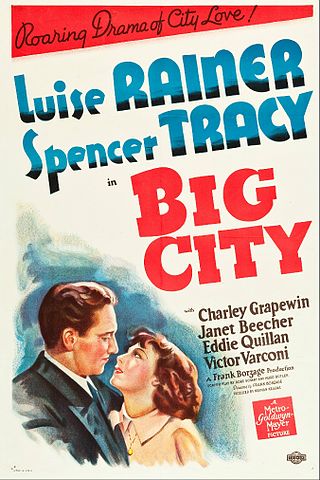
Big City is a 1937 American drama film directed by Frank Borzage and starring Luise Rainer and Spencer Tracy. The film was also released as Skyscraper Wilderness.

Texas Carnival is a 1951 American Technicolor musical film directed by Charles Walters and starring Esther Williams, Red Skelton and Howard Keel.
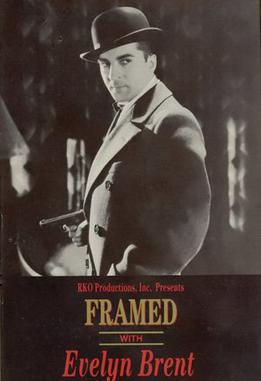
Framed is a 1930 American pre-Code crime action film, directed by George Archainbaud, based on a screenplay by Paul Schofield and Wallace Smith. It starred Evelyn Brent, William Holden, Regis Toomey, and Ralf Harolde.
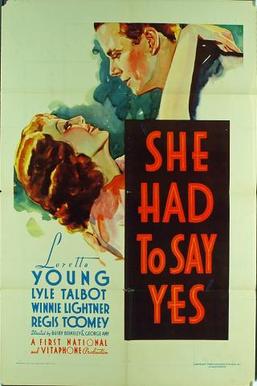
She Had To Say Yes is a 1933 American pre-Code film directed by George Amy and Busby Berkeley. It was Berkley's directorial debut. Loretta Young stars as a secretary who receives unwanted sexual advances when she is sent out on dates with her employer's clients. The film was promoted with the teaser "We apologize to the men for the many frank revelations made by this picture, but we just had to show it as it was filmed. The true story of the working girl."

Dark Mountain is a 1944 American film noir crime film directed by William Berke. It is also known as Thunderbolt and Thunder Mountain.

Bullet Scars is a 1942 American film produced and distributed by Warner Bros. It was directed by D. Ross Lederman with top-billed stars Regis Toomey, Adele Longmire and Howard da Silva.

Great God Gold is a 1935 film. It was Arthur Lubin's second film as director.

Dangerous Corner is a 1934 American mystery film directed by Phil Rosen, using a screenplay by Anne Morrison Chapin, Madeleine Ruthven, Ralph Berton, and Eugene Berton, which was based on a novel and play of the same name by J. B. Priestley. It starred Virginia Bruce, Conrad Nagel, and Melvyn Douglas.
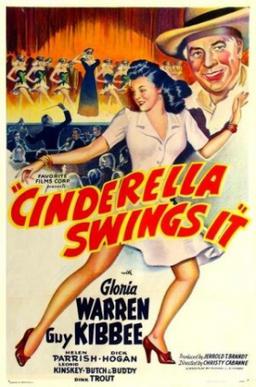
Cinderella Swings It is a 1943 American comedy-drama film directed by Christy Cabanne from a screenplay by Michael L. Simmons, based on short stories by Clarence Budington Kelland about small-town philanthropist Scattergood Baines. Produced and Distributed by RKO Radio Pictures, it was released on January 22, 1943, and stars Guy Kibbee and Gloria Warren. It was the last of the six films in the Scattergood Baines series and the only one without the word “Scattergood” in the title. Originally called Scattergood Swings It, the picture was renamed because the franchise was declining in popularity.
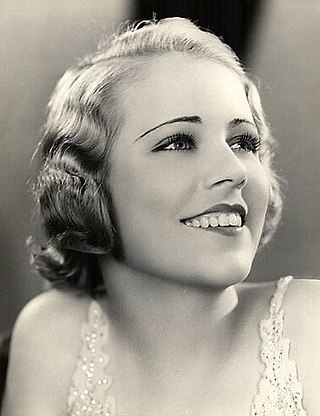
Olive Gloria Shea was an American film actress. She was sometimes billed as Olive Shea.

Dance Girl Dance is a 1933 American pre-Code musical film directed by Frank Strayer from an original screenplay by Robert Ellis. The picture stars Alan Dinehart, Evalyn Knapp, and Edward Nugent, and premiered on September 1, 1933.
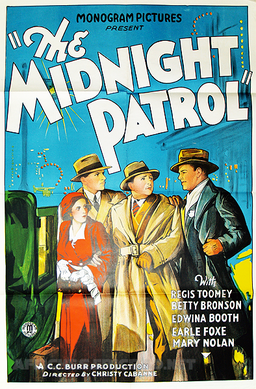
The Midnight Patrol is a 1932 American pre-Code drama film, directed by Christy Cabanne. It stars Regis Toomey, Betty Bronson, and Edwina Booth, and was released on April 10, 1932. Written by George Jeske (screenplay) and Arthur Hoeri (story).

Daring Daughters is a 1933 American pre-Code melodrama film, directed by Christy Cabanne. It stars Marian Marsh, Kenneth Thomson, and Joan Marsh, and was released on March 25, 1933.

California or Bust is a 1927 American silent comedy-drama film, directed by Phil Rosen. It stars George O'Hara, Helen Foster, and John Steppling, and was released on January 9, 1927.



















